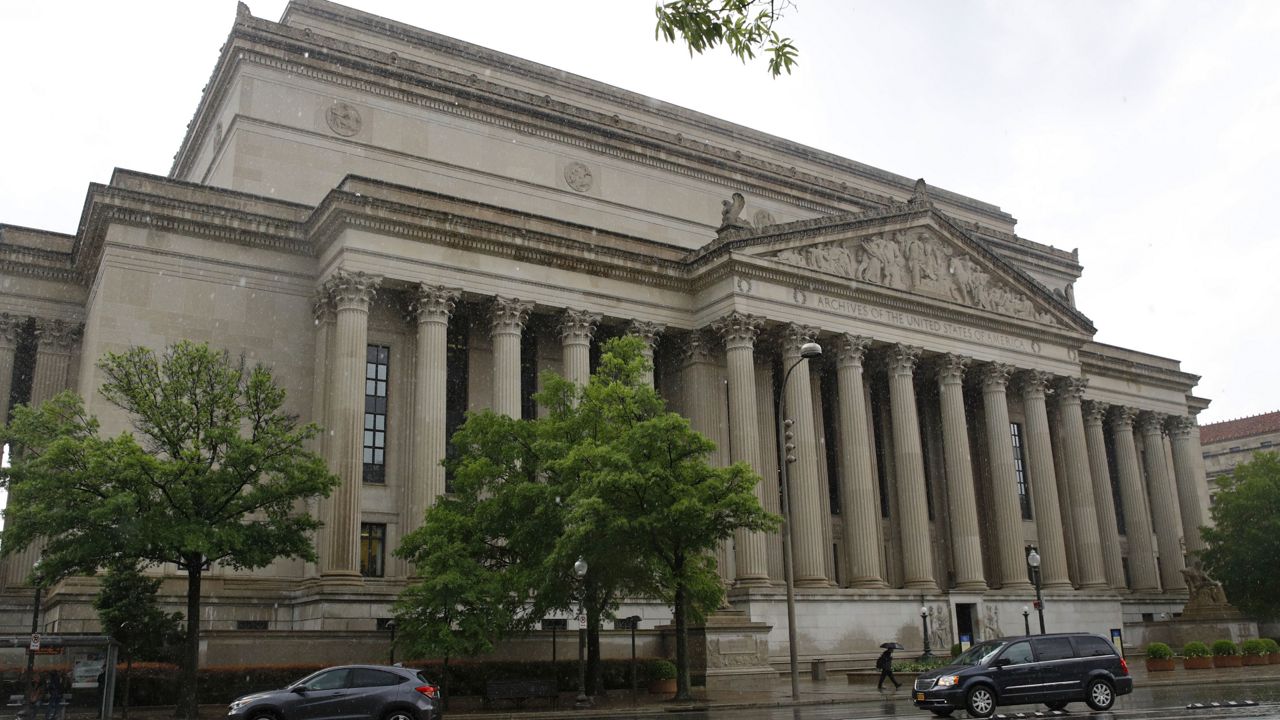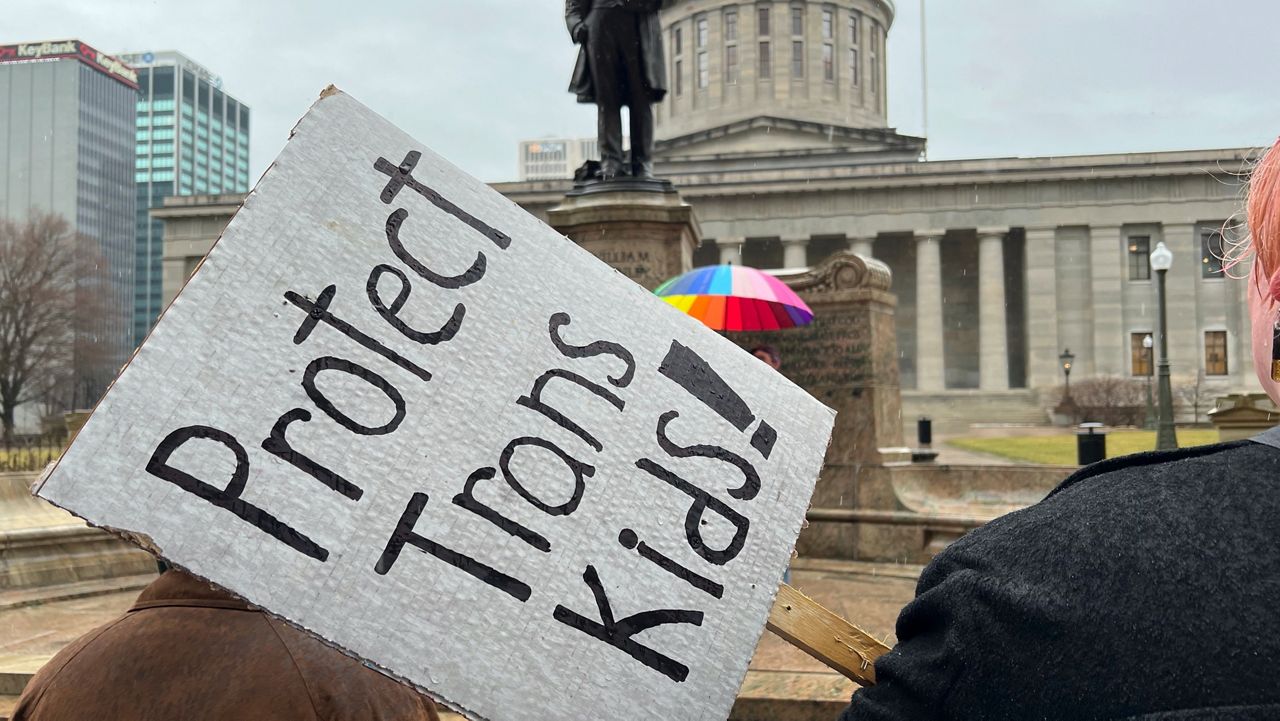The National Archives and Records Administration on Monday released two sets of correspondence that offer new insight into the effort to retrieve boxes of presidential records recovered Donald Trump’s Mar-a-Lago home in January.
The National Archives recovered more than 100 documents bearing classified markings, totaling more than 700 pages, from an initial batch of 15 boxes retrieved from Mar-a-Lago earlier this year. News reports surrounding the presence of classified information “resulted in dozens of requests for these records from the press, members of Congress and the public,” the Archives wrote in part on Monday.
It was the Archives effort to catalog and identify all missing presidential records -- which by law must be handed over to the agency when a president leaves office -- that led to the search of President Trump's Mar-a-Lago home this summer.
The Department of Justice determined that even after the initial boxes were returned In January, there were likely more sensitive files kept in the Florida home, with at least some evidence of an effort to conceal that fact.
The records released Monday fall into one of two categories of documents.
Eleven pages of communications between officials at the National Archives and representatives for the former president were made public, with 298 pages withheld; another 54 pages of communications between National Archives employees and “external entities other than Trump representatives,” including the Department of Justice, the White House and members of Congress, were released, with 1,249 pages withheld.
The first file showcased an email from Gary Stern, general counsel for the National Archives and Records Administration, sent to representatives for former President Trump, including Patrick Philbin, who served as Trump’s deputy counsel, as well as Scott Gas and Mike Purpura.
In the correspondence, Stern said NARA officials had “come upon several problems,” including several paper and text records that were unaccounted for – such as letters between Trump and North Korean Leader Kim Jong-un, which Stern said “were not transferred to us; it is our understanding that in January 2021, just prior to the end of the Administration, the originals were put in a binder for the President, but were never returned to the Office of Records Management for transfer to NARA.”
“It is essential that these original records be transferred to NARA as soon as possible,” Stern added.
Another letter from Stern to Trump’s counsel included a request from the House Oversight Committee seeking “additional documents about former President Donald Trump’s removal of classified documents and presidential records from the White House, President Trump’s attempt to destroy records by tearing them into pieces, and other presidential records from the Trump Administration that are missing.”
Monday’s release from the National Archives is not the first batch of documents made public about boxes of documents recovered at Mar-a-Lago.
In late August, the FBI released a 32-page affidavit — heavily redacted to protect the safety of witnesses and law enforcement officials and “the integrity of the ongoing investigation” — that both offered a detailed description of the government records being stored at Mar-a-Lago long after Trump left the White House, as well as revealed the gravity of the government’s concerns that the documents were there illegally.
No space at Trump’s Mar-a-Lago estate was authorized for the storage of classified material, according to court papers released in August, which laid out the FBI’s rationale for searching the property that same month, including “probable cause to believe that evidence of obstruction will be found.”
The documents made clear how the haphazard retention of top secret government records, and the apparent failure to safeguard them despite months of entreaties from U.S. officials, has exposed Trump to fresh legal peril just as he lays the groundwork for another potential presidential run in 2024.
“The government is conducting a criminal investigation concerning the improper removal and storage of classified information in unauthorized spaces, as well as the unlawful concealment or removal of government records,” an FBI agent wrote on the first page of the affidavit.
Documents previously made public show that federal agents are investigating potential violations of multiple federal laws, including one that governs gathering, transmitting or losing defense information under the Espionage Act. The other statutes address the concealment, mutilation or removal of records and the destruction, alteration or falsification of records in federal investigations.
Trump has long insisted, despite clear evidence to the contrary, that he fully cooperated with government officials. And he has rallied Republicans behind him by painting the search as a politically motivated witch hunt intended to damage his reelection prospects. He repeated that refrain on his social media site Friday, saying he and his representatives had had a close working relationship with the FBI and “GAVE THEM MUCH.”







